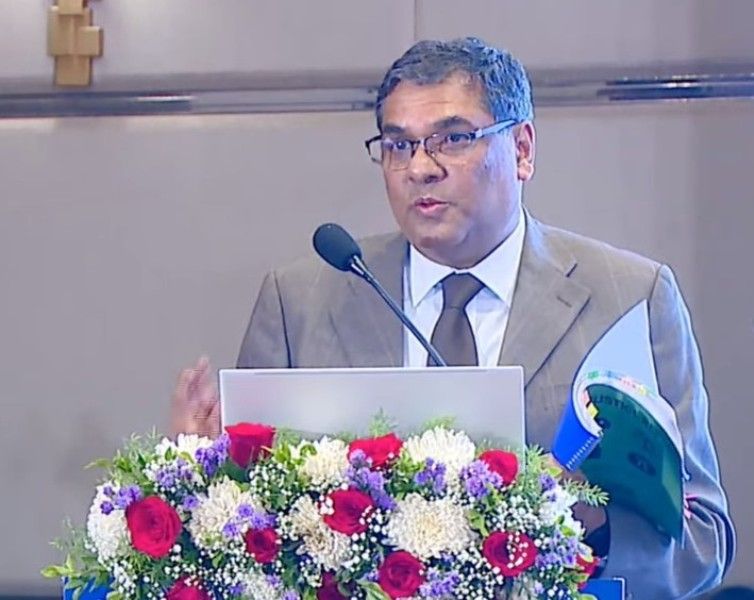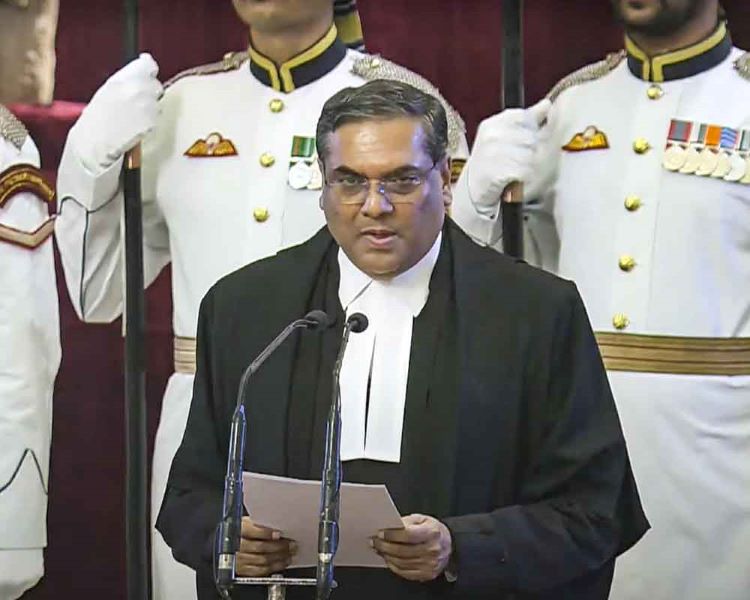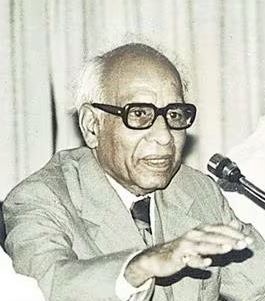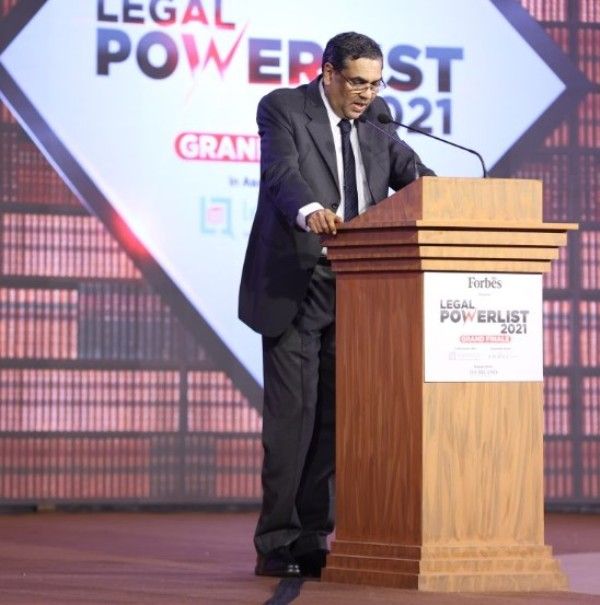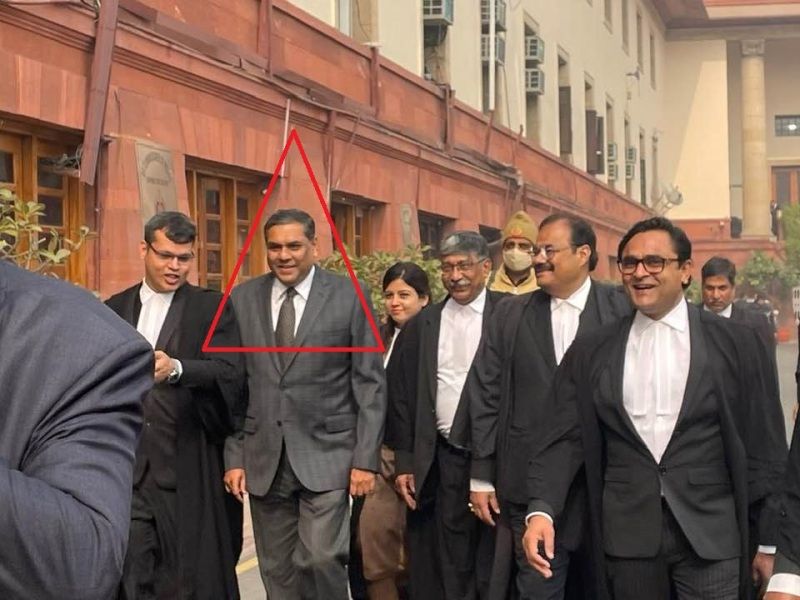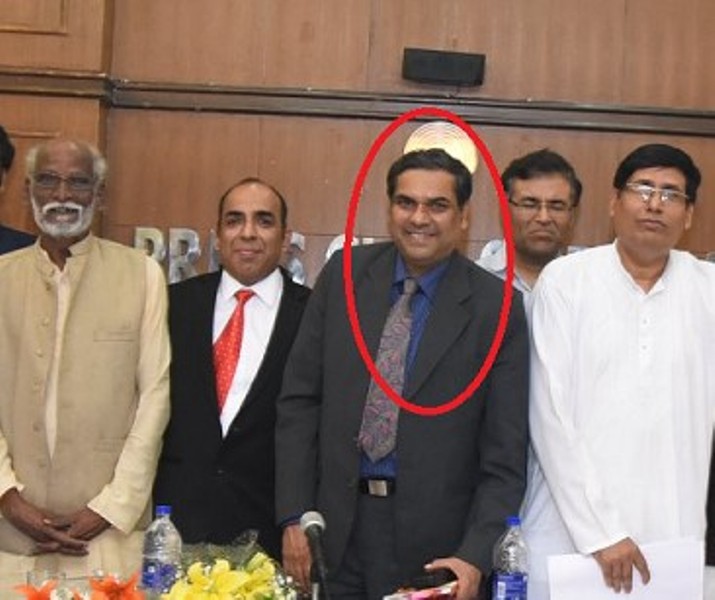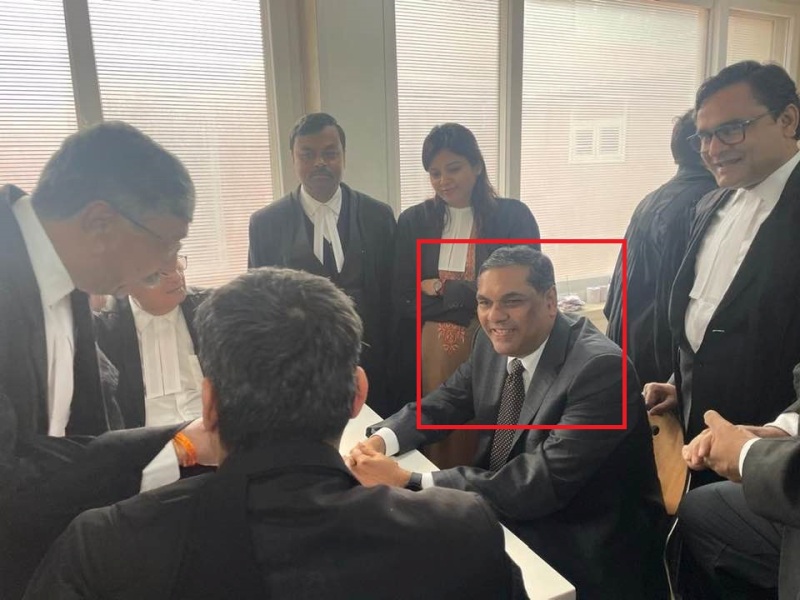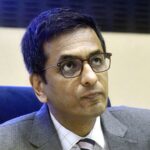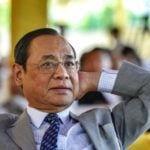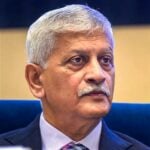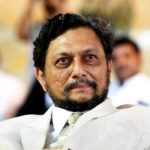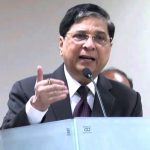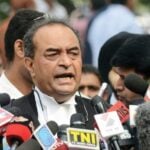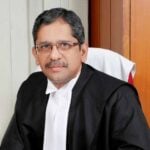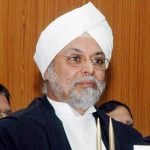Justice Sanjiv Khanna Age, Wife, Children, Family, Biography
Quick Info→
Marital Status: Married
Age: 65 Years
Education: LLB
Some Lesser Known Facts About Justice Sanjiv Khanna
- Justice Sanjiv Khanna is an Indian lawyer who was appointed as a Judge of the Delhi High Court in June 2005. He subsequently served as a Judge of the Supreme Court of India from January 2019.
- He was interested in law since his childhood as his father and uncle were Judges. His uncle, Justice H. R. Khanna, gained significant attention for his dissenting judgment in the ADM Jabalpur v. Shiv Kant Shukla case, commonly referred to as the Habeas Corpus case, in 1973. In his dissent, Justice H. R. Khanna criticized the denial of basic human rights during the Emergency period and upheld the importance of the Basic Structure Doctrine. His dissenting judgment displeased the then Prime Minister of India, Indira Gandhi. Justice H. R. Khanna was later superseded by Justice H. M. Beg. As a form of protest against this decision, Justice H. R. Khanna resigned from the court in early 1977.
- After enrolling in the Bar Council of Delhi as an advocate, he commenced his law practice in 1983. Initially, he practised at Tis Hazari Court in Delhi, and after gaining experience over the years, he shifted his practice to the Delhi High Court.
- He had a diverse practice, specializing in writ petitions for public law matters, direct tax appeals, income tax prosecutions, arbitration cases, commercial suits, environmental and pollution laws matters, medical negligence cases before consumer forums, and company law cases before the Company Law Board.
- He was also involved with various esteemed institutions such as the Delhi Judicial Academy, the Delhi International Arbitration Centre, and the mediation centres at district courts.
- After the retirement of DY Chandrachud in 2024, Justice Sanjiv Khanna is anticipated to assume the position of Chief Justice of India.
- He did not hold the position of Chief Justice of any High Court before his appointment as a Judge of the Supreme Court of India.
- He is the seventh judge to be directly elevated to the Supreme Court from their parent High Court since 1997. The six judges who preceded him in this regard are Justices S Abdul Nazeer, Ranjana Prakash Desai, Lokeshwar Singh Panta, G P Mathur, Ruma Pal, and S S Quadri.
- On his first day as a Judge of the Supreme Court of India, Justice Sanjiv Khanna had the honour of sitting in the same courtroom from where his late uncle, Justice H. R. Khanna, retired.
- His elevation to the Supreme Court of India resulted in the supersession of 32 Judges of the Delhi High Court, leading to criticism and outrage among the affected judges. [1]Hindustan Times
Retired judge of Delhi High Court Justice Kailash Gambhir has written to President Ram Nath Kovind, objecting to the decision of collegium which recommended elevation of Justice Sanjiv Khanna and Justice Dinesh Maheshwari to the Supreme Court pic.twitter.com/zblIFuy2rZ
— ANI (@ANI) January 16, 2019
- In February 2019, he recused himself from hearing the appeal of Sajjan Kumar, a convict in the 1984 Sikh Riots case. It is worth noting that he had previously denied bail to Sajjan when the case was being heard in the Delhi High Court in 2015. [2]Hindustan Times
- He became the CJI of India in November 2024 after replacing Justice DY Chandrachud.
- He was replaced as the CJI of India on 13 May 2025 by Justice BR Gavai.
References/Sources:

